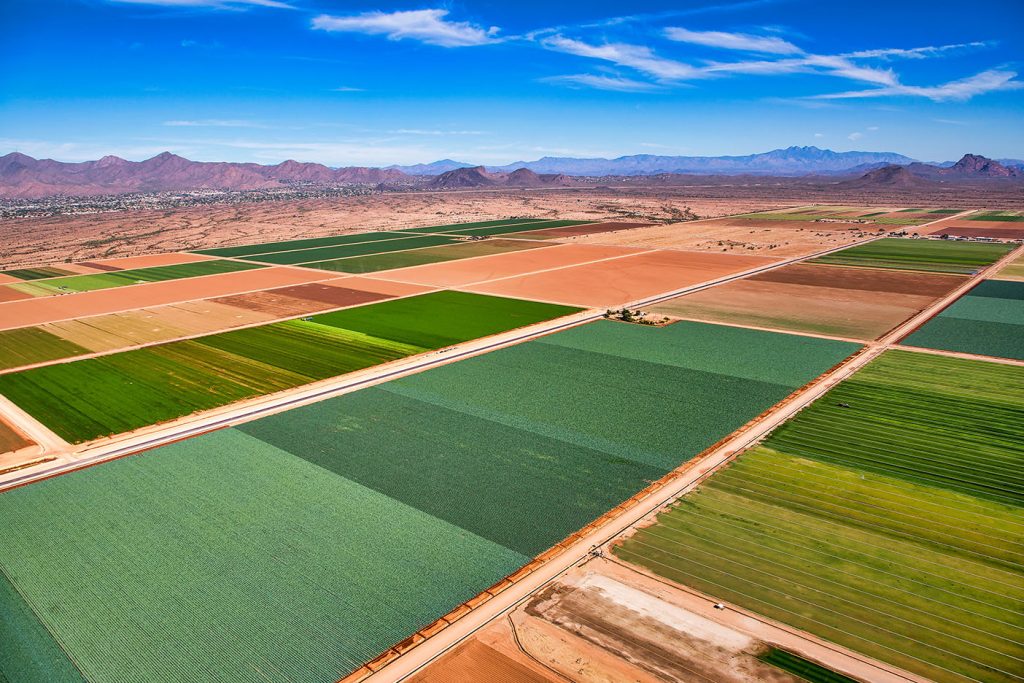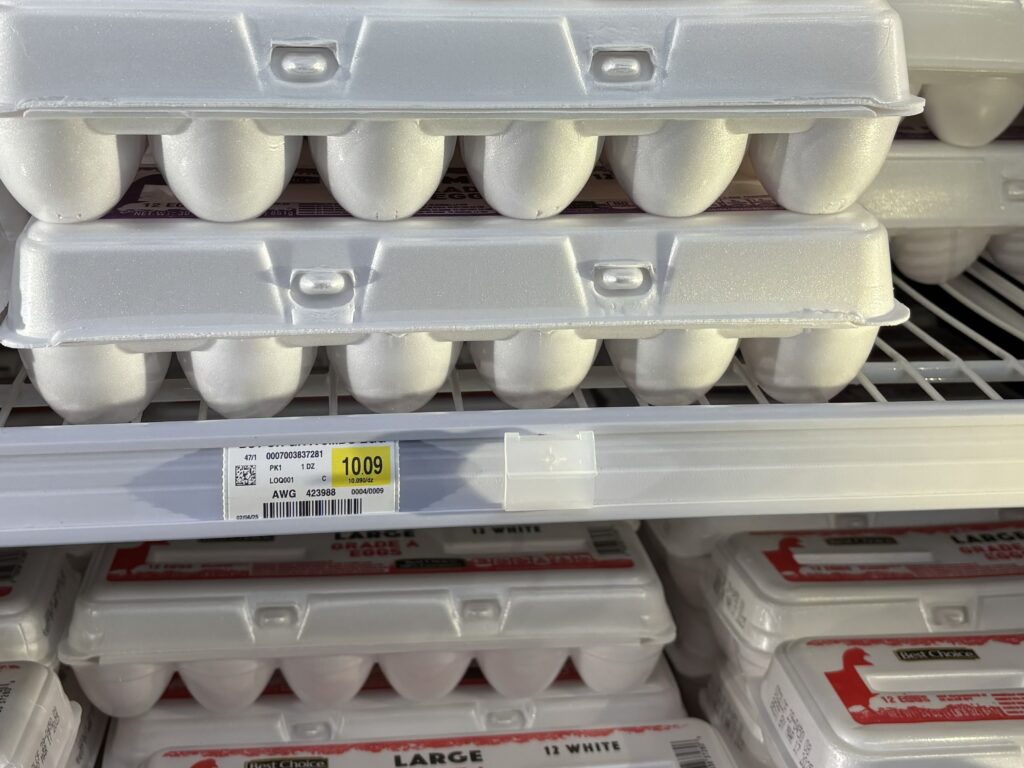Reposted from: https://thenewamerican.com/foreign-owned-farms-in-the-southwest-taking-precious-water-to-feed-overseas-livestock/
The severe drought that has impacted the Southwest for nearly 20 years has made conservation of precious water resources a top priority for states and the federal government. Agricultural farming in the arid region has always relied on using both underground aquifers and Colorado River water to feed crops. This includes foreign-owned farms that grow crops in the United States.
In Wenden, Arizona, water district workers saw “something remarkable last year as they slowly lowered a camera into the drought-stricken town’s well: The water was moving.”
“But the aquifer which sits below the small desert town in the southwestern part of the state is not a river; it’s a massive, underground reservoir which stores water built up over thousands of years. And that water is almost always still,” CNN recently reported. “Gary Saiter, a longtime resident and head of the Wenden Water Improvement District, said the water was moving because it was being pumped rapidly out of the ground by a neighboring well belonging to Al Dahra, a United Arab Emirates-based company farming alfalfa in the Southwest….”
“The well guys and I have never seen anything like this before,” Saiter told CNN. The farm was “pumping and it was sucking the water through the aquifer.”
Aquifers have been used to support water needs in the Southwest for generations, but the ongoing drought is rapidly drawing them down. In La Paz County in Arizona, some shallower wells are running dry due not only to the drought but to the large, foreign-owned farms that grow water-intensive crops like alfalfa and ultimately ship it overseas to feed cattle and other livestock.
Geohydrologist and well-drilling expert Marvin Glotfelty told CNN that there are laws prohibiting exporting water out of the state, but these farms are exporting “virtual” water via the crops — alfalfa and cotton — they export.
In Wenden, the town well-water level has dropped from about 100 feet in the late 1950s to about 540 feet in 2022, which is already far beyond what an average residential well can reach. In fact, the large farms’ overuse of water could push the water table too low for the town well to draw from.
La Paz County Supervisor Holly Irwin told CNN that Middle East agriculture companies “have depleted their [water], that’s why they are here. That’s what angers people the most. We should be taking care of our own, and we just allow them to come in, purchase property and continue to punch holes in the ground.”
Saudi Arabia banned growing thirsty crops like alfalfa and hay to feed livestock and cattle in 2018. With vast dairy operations a point of national pride in the Middle East, according to Eckart Woertz, director of the Germany-based GIGA Institute for Middle East Studies, they needed to find water somewhere else. Thus, the rapid growth of foreign-owned farms in the United States.
Farm Action shared that “as of late 2019, foreign investors have held an interest in almost 35.2 million acres of U.S. farmland. That’s an area larger than the state of New York. In the past 17 years alone, foreign farmland holdings have doubled in the U.S. and the trend is showing no signs of slowing.”
Senator Chuck Grassley (R-Iowa) has been fighting to stop foreign buyers, especially those backed by government regimes, from buying up prime farmland in America. To Grassley, “Food security is national security.”
Current federal law imposes no restrictions on the amount of U.S. agricultural land that can be foreign-owned. The Agricultural Foreign Investment Disclosure Act of 1978, however, does require disclosure to the USDA of information related to foreign investment and ownership of U.S. agricultural land.
According to the Congressional Research Service, Arkansas, Illinois, Iowa, Kansas, Maine, Minnesota, Missouri, Nebraska, North Carolina, North Dakota, Ohio, and Wisconsin have instituted some restrictions, but do not significantly inhibit foreign farmland ownership.
Several bills before Congress seek to increase oversight of foreign investment and ownership of U.S. agricultural land. In the meantime, though, as residents and domestic farmers deal with their limited water resources, foreign-owned farms continue to overuse the groundwater aquifers in the Southwest. Action from lawmakers is needed now to help Americans access the water that they so desperately need. Will the next Congress make protecting the Southwest’s precious water resources from foreign use a priority?



